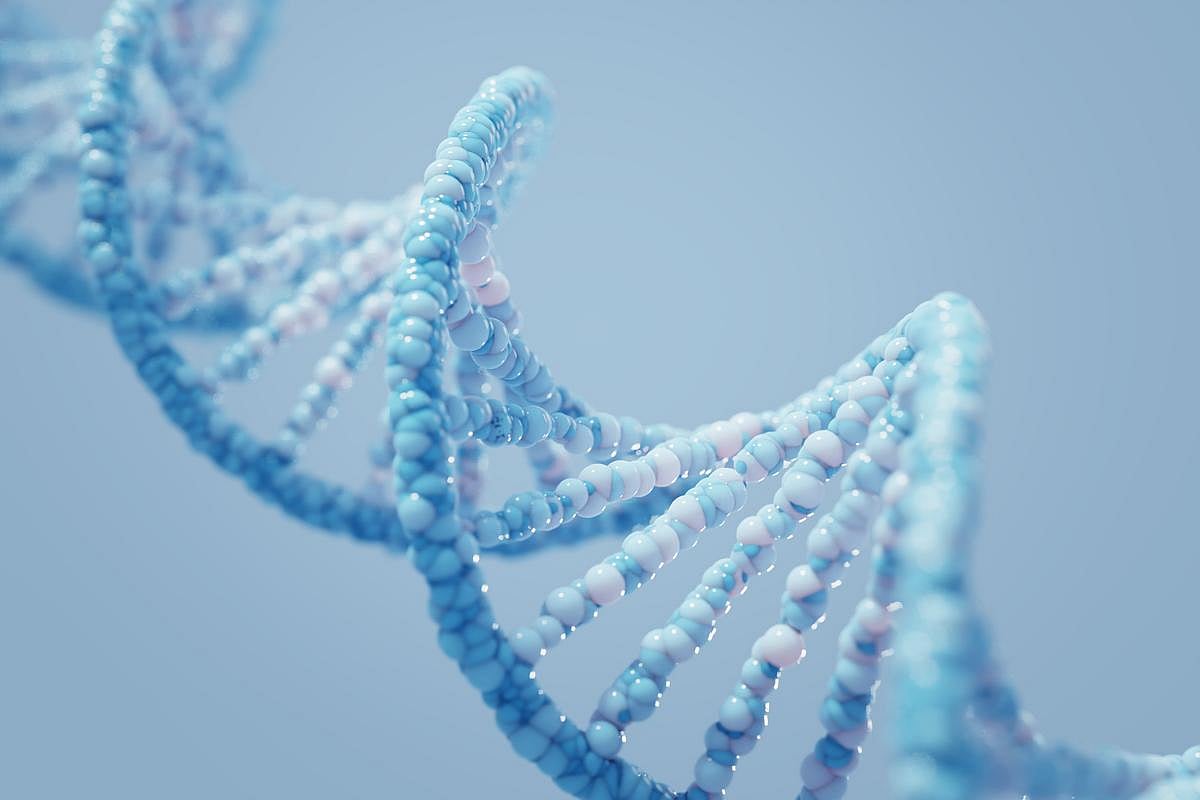Get Healthy!

- Dennis Thompson
- Posted December 4, 2024
Genes Highlight Who'll Benefit From Multiple Myeloma Therapy
Genetic tests can show which patients with the blood cancer multiple myeloma should respond to targeted therapy, a new study finds.
A special six-gene pattern can help predict who are more likely to respond well to Venclexta (venetoclax), a pill that promotes natural cell death among cancer cells, researchers said.
“By knowing which patients might benefit the most, we can customize treatments to improve their chances of success,” said researcher Alessandro Lagana, an assistant professor of oncological sciences at the Icahn School of Medicine at Mount Sinai, in New York City.
Multiple myeloma is a cancer of blood plasma cells, according to the American Cancer Society. About 35,780 new cases of multiple myeloma are expected to be diagnosed in 2024, and it will kill about 12,540 U.S. adults.
Venclexta keeps cancer cells from dodging apoptosis, the body process that causes old or damaged cells to self-destruct.
Multiple myeloma cells carry a protein called BCL-2 that keeps the cell from triggering apoptosis. Venclexta inhibits BCL-2, restoring natural cell death for these cancer cells.
The U.S. Food and Drug Administration approved Venclexta in 2018, but up to now it’s been unclear which patients would most benefit from the drug.
For this study, researchers analyzed the genetics of 58 patients treated with Venclexta between 2017 and 2021.
They discovered a specific genetic pattern “with higher scores being consistently associated with less favorable responses,” the research team wrote.
“Doctors could use genetic testing to choose the best candidates for venetoclax treatment,” Lagana said in a Icahn news release.
Researchers also found that Venclexta worked best when paired with a CKD7 inhibitor, another type of drug that promotes natural cell death.
“Combining venetoclax with CDK7 inhibitors might help more patients respond positively, especially those who might not respond well to venetoclax alone,” Lagana said. “For patients, this research means someday they could receive more personalized treatment plans based on their genetic information, leading to better outcomes.”
Researchers next plan to confirm their findings in a larger group of patients, and to test the combined use of Venclexta and CDK7 inhibitors in clinical trials.
The new study was published in December issue of the journal Blood Neoplasia.
More information
The American Cancer Society has more about multiple myeloma.
SOURCE: Mount Sinai, news release, Nov. 27, 2024



